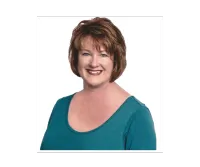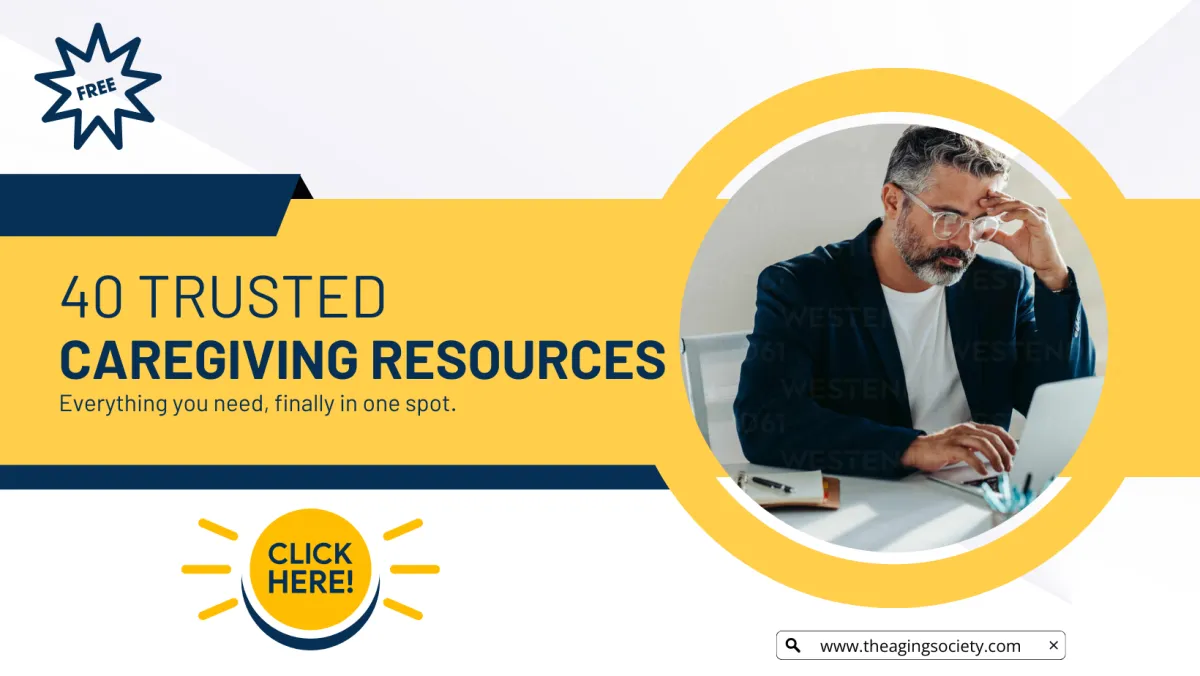Thoughtful Support For The Caregiver
Who Needs To Get It Right
Because You Care Deeply
You don’t complain. You don’t make a scene. You just keep showing up.
You remember the medications. You clean the dishes. You rearrange your life around everyone else’s needs. And somehow, people still say, "You’re so strong."
But what they don’t see is the cost. The exhaustion. The silent resentment. The fear of what happens if you don’t show up.
This space is for you. The caregiver who’s been steady, quiet, and under-supported for too long.
You Don’t Have To Be The Strong One Every Day
There is no award for doing this silently. And there’s nothing weak about needing support. What you might need most right now is:
Permission to stop holding it all in
Words to explain what you’re carrying
Tools that lighten your load without adding more to it
You’ll find all of that here. And no one will ask you to "do more" to get it.
What You'll Find Here
✨ Curated Blog Posts Caregiving guidance for the deeply responsible, detail-oriented, emotionally invested decision maker.
📅 Planning & Clarity Tools Checklists, guides, scripts, and decision trees that simplify without oversimplifying.
🏡 Resources That Respect Your Standards Only products and services we’d recommend to our own family members — because your standards are high (and so are ours).
Start With Something Small:
One Small Shift
A daily, two-minute nudge to help you move forward, gently, thoughtfully, and with clarity. Caring for an aging parent isn’t just about logistics, it’s layered with uncertainty, research tabs, and the pressure to “get it right.” You don’t need more noise or another overwhelming to-do list. You need a small, steady path forward.
That’s what One Small Shift offers:
📧 One short daily email you can read in under two minutes
📚 A story, insight, or mindset shift from real caregivers who’ve been there
🛠 A low-pressure action you can take right now to feel just a little more in control
This isn’t about rushing. It’s about creating calm and clarity, one thoughtful step at a time.
💡 Once you're in, you'll also get guided tools for moments that matter most:
✅The Caregiver Starter Kit
✅Mistakes to Avoid When Choosing Care
✅Senior Living Tour Checklist
✅Clarity Checklist: What Your Parent Really Needs
✅40+ Trusted Resources Directory
No pressure. Just a better way to move forward.
You Deserve Support That
Matches Your Mindset
You’re not overthinking. You’re being thorough. And that’s something to honor, not rush past.
Take your time here. Look through the resources below. And know this: just because you care deeply doesn’t mean you have to carry it all alone.
Talk With Purpose
31 Days of Scripts & Strategies For Families Navigating Senior Living Options
For caregivers who think deeply, care deeply, and want to get it right.
If you’ve been holding off on family conversations because you’re not sure how they’ll land, this guide was made for you.
Talk With Purpose offers 31 structured, real-life caregiving scripts, designed to help you open difficult conversations with aging parents, siblings, and other family members.
Each page includes:
✅ A relatable Scenario
✅ A ready-to-use Script
✅ A short Strategy Tip so you understand why it works
✅ A Reflection Prompt to help you build confidence over time
You don’t need to read it all at once. You can skip around. Bookmark what matters. Return when you’re ready. This guide respects your thoughtfulness.
It doesn’t rush you, it simply gives you the structure and support to move forward, one conversation at a time.
When You’re Ready to Explore What’s Next
You don’t have to decide everything now, but you can start gathering what you need.
After the conversations begin, the next question often becomes: “What care options make the most sense for us?”
That’s where the Senior Living Guides come in. Each one focuses on a single path, Home Care, Independent Living, Assisted Living, or Memory Care, so you’re not overwhelmed by information that doesn’t apply yet. Inside each guide, you’ll find: Clear definitions (no jargon)
✅Key questions to ask providers and your family
✅Comparison points to help weigh what matters most
✅Conversation tips for discussing each option with loved ones
You don’t have to decide today. You’re just creating a more informed starting point.
Let the guides support your process, not pressure it.
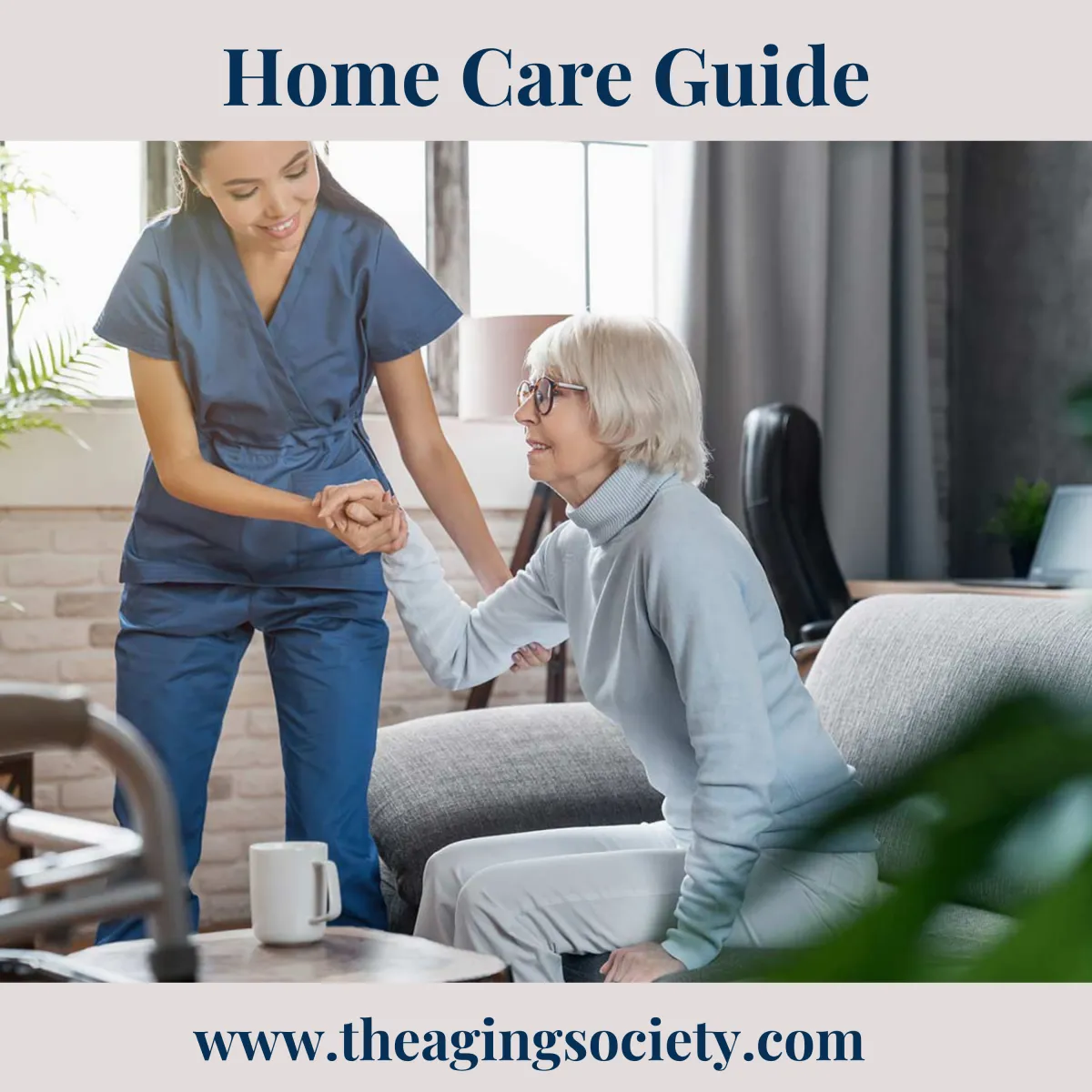
Not ready for a big move? This guide walks you through what quality home care looks like, how to choose the right help, and how to protect your parent’s safety and independence.
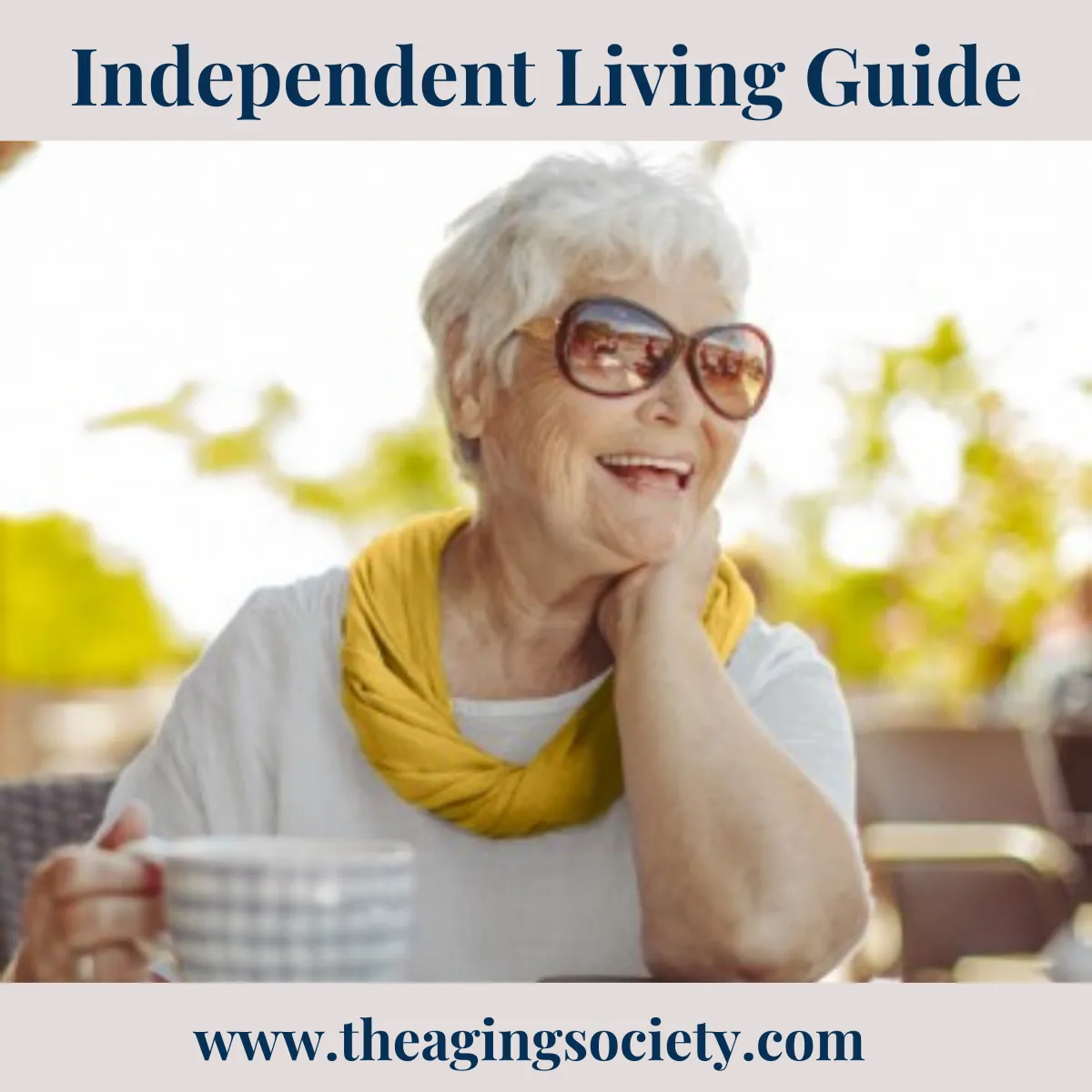
Wondering if your parent just needs a little community and support, but not full-time care? This guide helps you evaluate independent living options, including key questions and red flags.
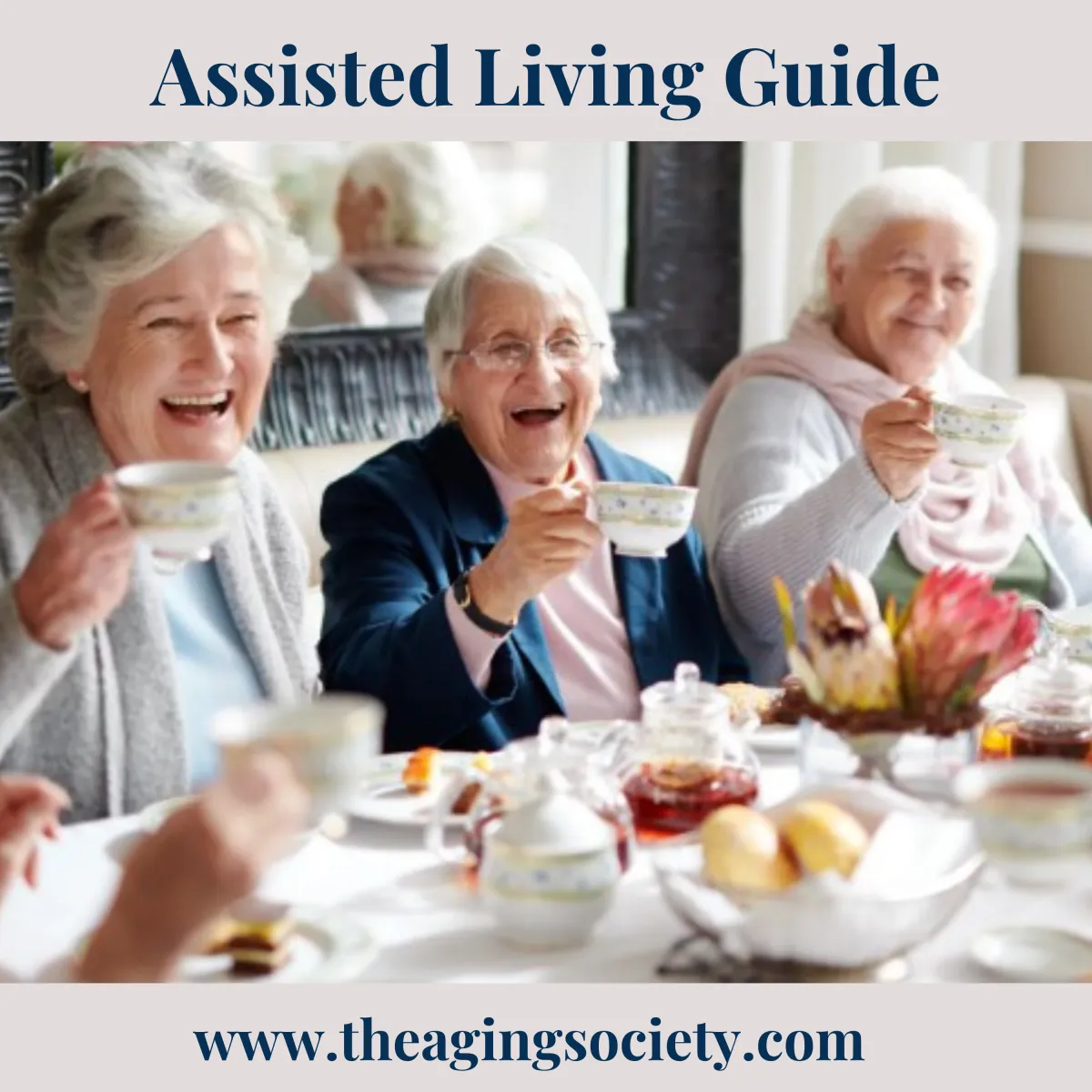
From bathing and meals to meds and mobility, this guide helps you know when assisted living might be the right step, how to tour facilities, and how to make the decision with less guilt and more confidence.
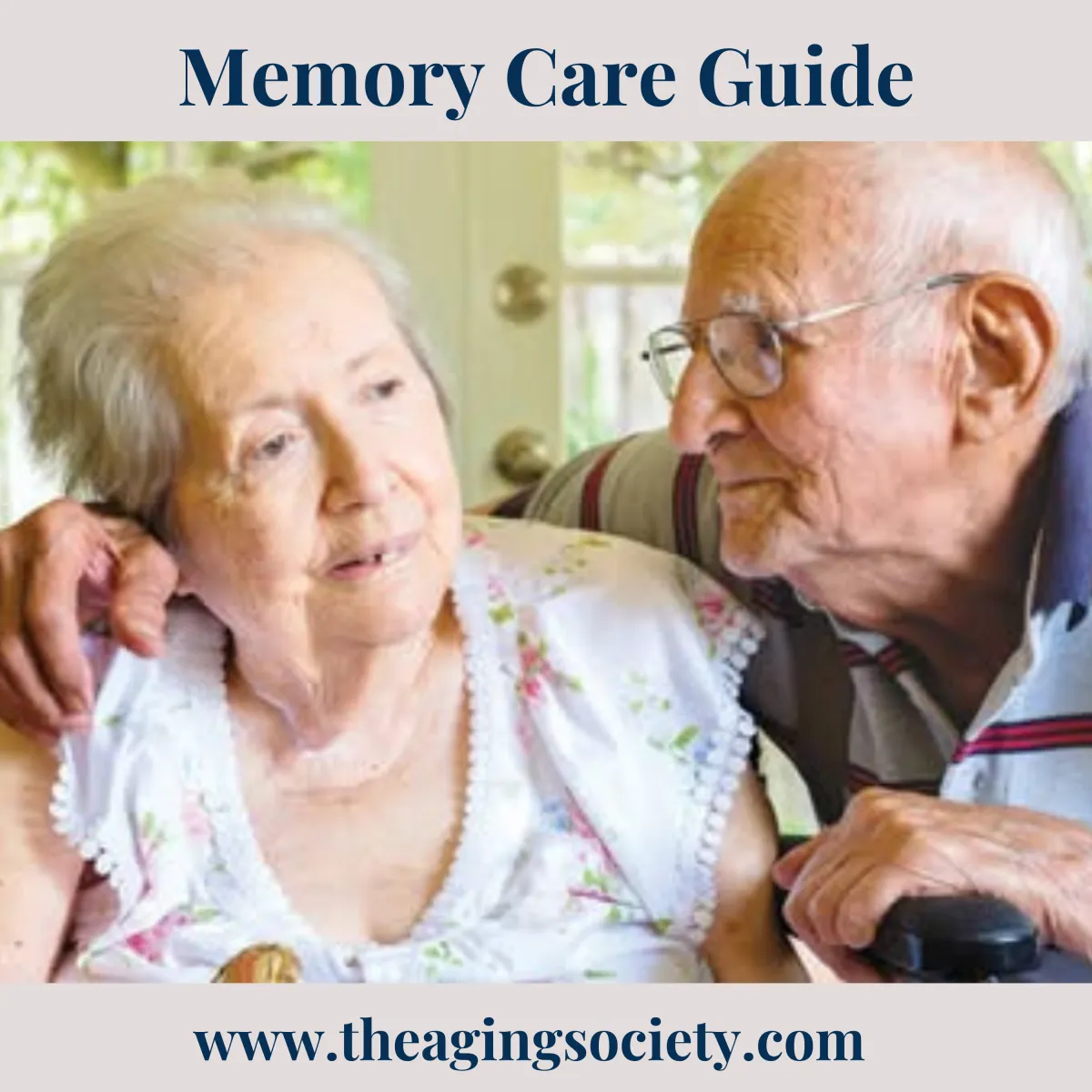
When memory loss is affecting safety or personality, this guide helps you understand what memory care really means, and how to make a thoughtful plan rooted in love and reality.
Clarity Without The Noise
One Small Story
These posts are for the caregivers who research everything and still feel uncertain.
Here, you’ll find stories, scripts, and decision tools that cut through the overwhelm and help you move forward with confidence. No fluff. Just grounded guidance you can trust.

Stuck in the ‘What Ifs’? A Caregiver’s Guide to Easing Constant Worry
"I wake up and immediately wonder, what changed overnight? Will she fall again? Will I get a call from the neighbor? What if this is the start of the end, and I miss it?"
These were the words of a woman during one of my consulting calls. Her voice cracked, not from exhaustion or frustration, but from something deeper: the mental weight of caregiving.
She wasn’t overwhelmed by the physical tasks. It wasn’t the heartache of her mom no longer remembering her name that broke her. It was the constant, gnawing fear. The vigilance that never shuts off.
If you're living with this kind of caregiving anxiety, I want you to hear this:
You are not alone. And you are not broken.
Why Caregiving Anxiety Feels So Overwhelming
When you're responsible for the well-being of someone you love, especially a parent, the stakes feel impossibly high. Each phone ring spikes your heart rate. Every new behavior triggers a silent alarm in your mind:
"Is this confusion or something more?"
"Do I call the doctor or wait?"
"What if I miss something important?"
This constant state of alert is not only emotionally exhausting, it's physically draining too. It leads to poor sleep, burnout, and that buzzy, ever-present tension that never quite goes away, even during your so-called "downtime."
And the truth is: your brain doesn’t shut off. Even during dinner. Even while trying to sleep. Because you're carrying the weight of two lives.
You’re Not Crazy. You’re Just Carrying Too Much.
Many adult children feel pressure to stay strong because their loved one is still "doing okay" on paper. But caregiving isn't just about errands and appointments. It's about a constant awareness of potential change.
Often, those changes aren’t big or sudden. They creep in. A forgotten medication here, an unsteady walk there. Denial complicates things. So does guilt. And the fear that maybe you're overreacting, or worse, underreacting.
This is why caregiving anxiety so often includes:
Guilt over not doing enough
Doubt in your own instincts
Deep emotional fatigue
You're not imagining it. You're reacting to real uncertainty. And that’s a heavy burden to carry alone.
3 Steps to Calm the “What If” Spiral
While the anxiety might not disappear, there are practical ways to make it quieter.
1. Name the Fear Write it down. Say it aloud. Get specific.
What exactly am I afraid will happen?
Often, our fears are vague shadows. Naming them gives you the power to either take action or consciously let them go.
2. Use a ‘Changes Checklist’ Track things like mood swings, appetite, wandering, or sleep patterns. That way, when something feels "off," you have a reference instead of relying solely on anxious instincts.
Need help getting started? Our Senior Living Starter Kit includes a ready-to-use checklist.
3. Get Clarity on Care Options Uncertainty fuels anxiety. Our $9 Clarity Quiz can help you answer:
"What level of care is appropriate based on what I’m seeing now?"
It’s a small step that brings big peace of mind.
Stuck in the ‘What Ifs’?
If you're reading this, it's because you care. Deeply. And that care shows up in a thousand invisible ways:
Noticing subtle mood changes
Adjusting your schedule around appointments
Lying awake wondering if you missed a sign
Please, give yourself permission to pause. To breathe. To ask for help. Because the most exhausting part of caregiving, that endless mental loop, doesn’t have to win.
With the right tools, support, and clarity, you can find steadier ground.
Did You Know?
A 2023 study found that caregivers who used structured checklists and clear care plans reported 40% lower anxiety levels than those who didn’t.
Caregiver FAQs
What is caregiving anxiety, and how is it different from general stress? Caregiving anxiety is a chronic worry linked to fear of health deterioration, emergencies, or making the wrong decisions. It’s often persistent and deeply emotional.
Can I have anxiety even if my loved one is doing okay? Yes. Anxiety often stems from the unknown, not just the present reality. It’s a response to unpredictability and responsibility.
What if my fears feel irrational? Your fears are valid, even if they seem illogical. Instead of dismissing them, try to explore their roots. Journaling or talking with a counselor can help.
When should I seek professional support? If caregiving anxiety interferes with your sleep, relationships, or daily functioning, reach out to a therapist or senior care coach.
Caregiver Quote:
"I used to think I was just bad at handling stress. Now I know it's because I was trying to do everything alone."
From Other Caregivers Like You
"I had everything color-coded and still felt like I was missing something. This page helped me stop spinning and actually move forward."
"I knew what needed to happen. I just couldn’t get my family to listen. The scripts and tools here helped me say it right the first time."
“I had bookmarked 12 articles and still felt stuck. This was the first place that gave me a clear next step, and made me feel like I wasn’t overreacting for caring this much.”
“I thought having a system would be enough. But I still felt so alone in making every decision. The checklists and scripts here made it all feel less impossible.”
“What I needed wasn’t more information, it was permission to act without guilt. This space helped me trust myself again.”
"The tools here don’t just give you information, they make it feel doable. From the match guide to the family scripts, I finally feel like I can handle what’s ahead without losing myself in the process."
© 2025 The Aging Society. All rights reserved.
For families navigating senior care, find clarity, compassionate support, and trusted resources for senior care.
It all starts with One Small Shift.
